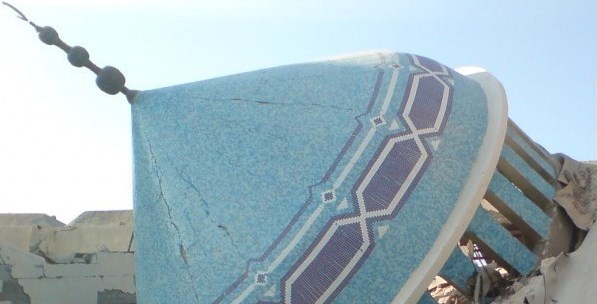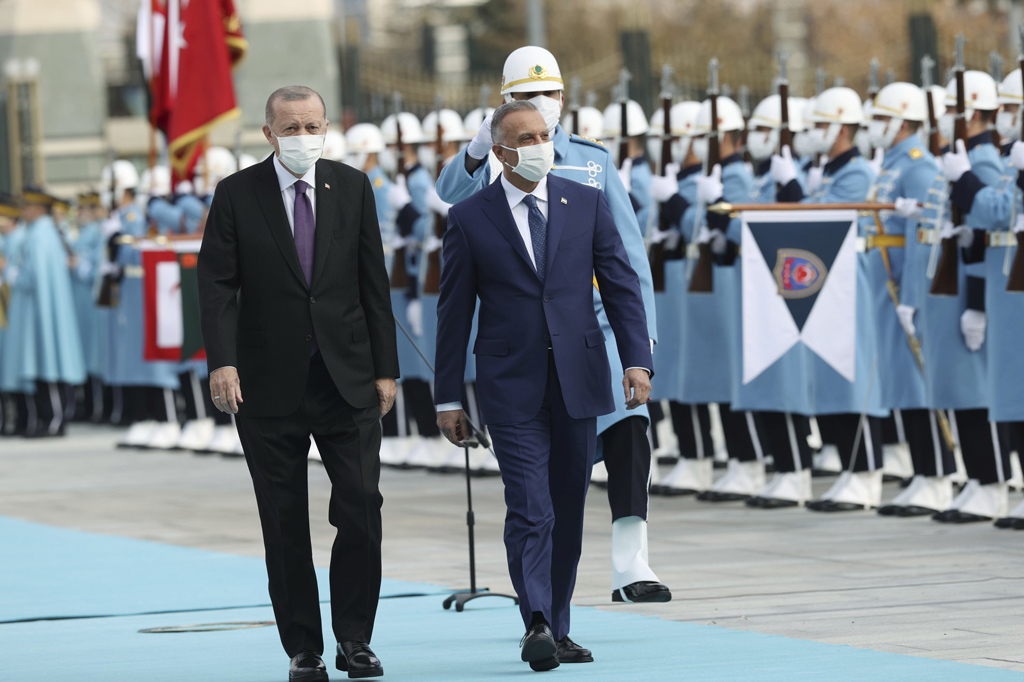The Angola issue will pave the way for discussions over Islamophobia again as its profound impacts are becoming more visible in the third world countries lately.
Everyone may have been surprised and concerned about the latest news that Islam is banned in the South African country of Angola. However, reducing the recent developments to sloganize them as “Islam is being banned” is to simplify the issue and not to understand the context of Angola.
First of all, it should be noted that about 90,000 Muslims live in Angola with a population estimated at 18 million. Why such a small group occupies this much the agenda of a country should be understood by taking up the issue in a broader framework. To begin with, it is better to note that Islam has never gained, or could not gain, an official recognition in Angola. Muslims in this country have to open mosques and do all kinds of activities through sort of unlawful means. This is because the state has always hesitated to support a “religious cult” with which it is unfamiliar and considered as alien to its culture.
THE UN REPORT AND THE RIGHTS OF MUSLIMS IN ANGOLA
In the aftermath of 9/11, Angola has taken the lead in the process that has begun with the discourse of “global fight against terror”; and detained and deported individuals in 2004 who were allegedly affiliated with al Qaeda. The United Nations Human Rights Council (UNHRC) Special Rapporteur released a report on the status of Muslims in Angola in 2007. According to this report, Muslims in Angola have been “denied of even the most fundamental religious rights.” Although Muslims in Angola are generally accused of money laundering, counterfeiting of money or aiding radical organizations, most of these accusations lack evidence. Therefore, we may say that a process is in operation via a media discourse.
Muslims in Angola mainly have two characteristics: the first is that the perception of Muslims in general is negative. Politicians exploit this more often. For instance, Angola Minister of Culture Rosa Cruz e Silva during a conference in March 2009 had been quoted as openly saying that “the expansion of Islam and the consequences of it will harm the cultural structure of the Angolan society". This information is being serviced again in the latest news stories on banning Islam in the country. The second is that some Muslims, those who have moved to Angola from West African countries in particular, are in important positions in trade. The same also goes for Muslims who have immigrated from Lebanon. The negative perception is already quite serious in Angola anyway, but some of Muslims being in relatively better positions attracts more attention to Muslims.
ISLAM IS SEEN AS A CULT
So far, no confirmation about the news on banning Islam in Angola has appeared in the media, and actually it has been denied. However, there is an intention to ban the activities of 198 religious groups including Islam and various churches of Christianity, with the justification that they harm the Angolan culture. Islam is in this list because of being regarded as a religious “cult” not a religion. For the moment, it is impossible to say anything for sure whether or not this process will be conclusive, or whether or not Islam will continue to be included in the list. Behind the news about the demolition of mosques is that a mosque was built on a state land and government authorities ordered its demolition in order to reclaim the land. However, a church next to it in a similar state was not torn down, and this is clearly interpreted by Muslims as an evidence of discrimination. This is inevitably interpreted as that Muslims are being punished.
The heart of the matter is that relevant discussions lately reveal that the Islamic world should lean towards the problems and concerns of Muslim minorities. Established short while ago the Muslim Minorities Department in the Organization of Islamic Cooperation should closely follow these









